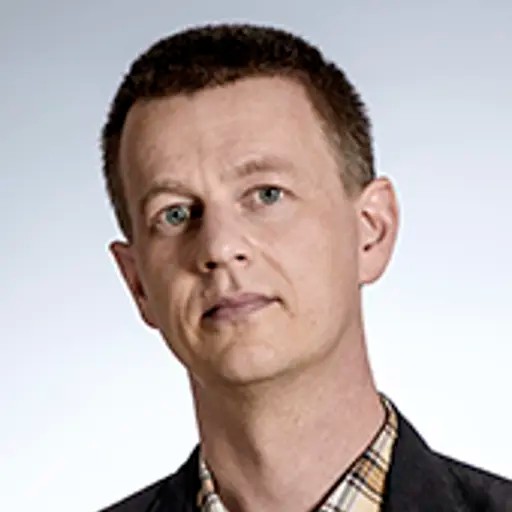Computer history is not only a history of machines but also of politics, culture, language – and human work. Julia Ravanis’ doctoral thesis focuses on the work of some of Sweden’s computing pioneers at the Swedish Defence Research Institute (FOA) during the period 1955-1975. It was a time when material, experience-based computing was hidden behind systematic and theoretical programming, which, in turn, had a great impact on questions related to gender, class, and knowledge.

What challenges do you focus on in your research?
"When the history of scientific and technological progress is written, the unglamorous but crucial parts are often forgotten, such as the manual labour done by research assistants. Finding it in the archives is often difficult. Moreover, it is a challenge to look beyond well-known research actors such as universities and instead ask what happened in more hidden environments such as military research."
How do you address the problem?
"The thesis highlights the extensive manual labour that kept computers running during the mainframe era, thus showing that logical thinking was not enough to program a computer. The importance of military research for the emergence of scientific computing in Sweden is analysed."
What are the main findings?
"The thesis shows how Sweden’s prioritisation of military research during the early Cold War conditioned the emergence of work routines and professional identities in scientific data processing. The massive government investments in FOA’s computer technology resulted in complex data centres, whose data flows and divisions of labour were in constant need of organisation. The organisational keywords at FOA were rationality, streamlining, and automation – which is why the computer came to be viewed as an abstract system in need of logical order rather than material care."
What do you hope your research will lead to?
"Our digital world seems so free and so abstract. By tracing its historical roots, I hope to shed light on the material conditions and ideological constraints, such as gender norms, that still characterise information technology today."
Read the thesis: Organising Computing Work: Data Processing at the Swedish Defence Research Agency in the Mainframe Era
Public defence: 4 juni 2025 at 13.15, see link above.
Photo: Viktor Gårdsäter
- Doctor, Nano and Biophysics, Physics
- Professor*, Science, Technology and Society, Technology Management and Economics

